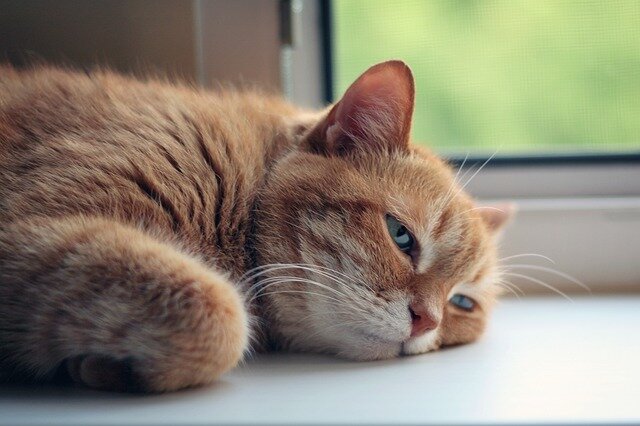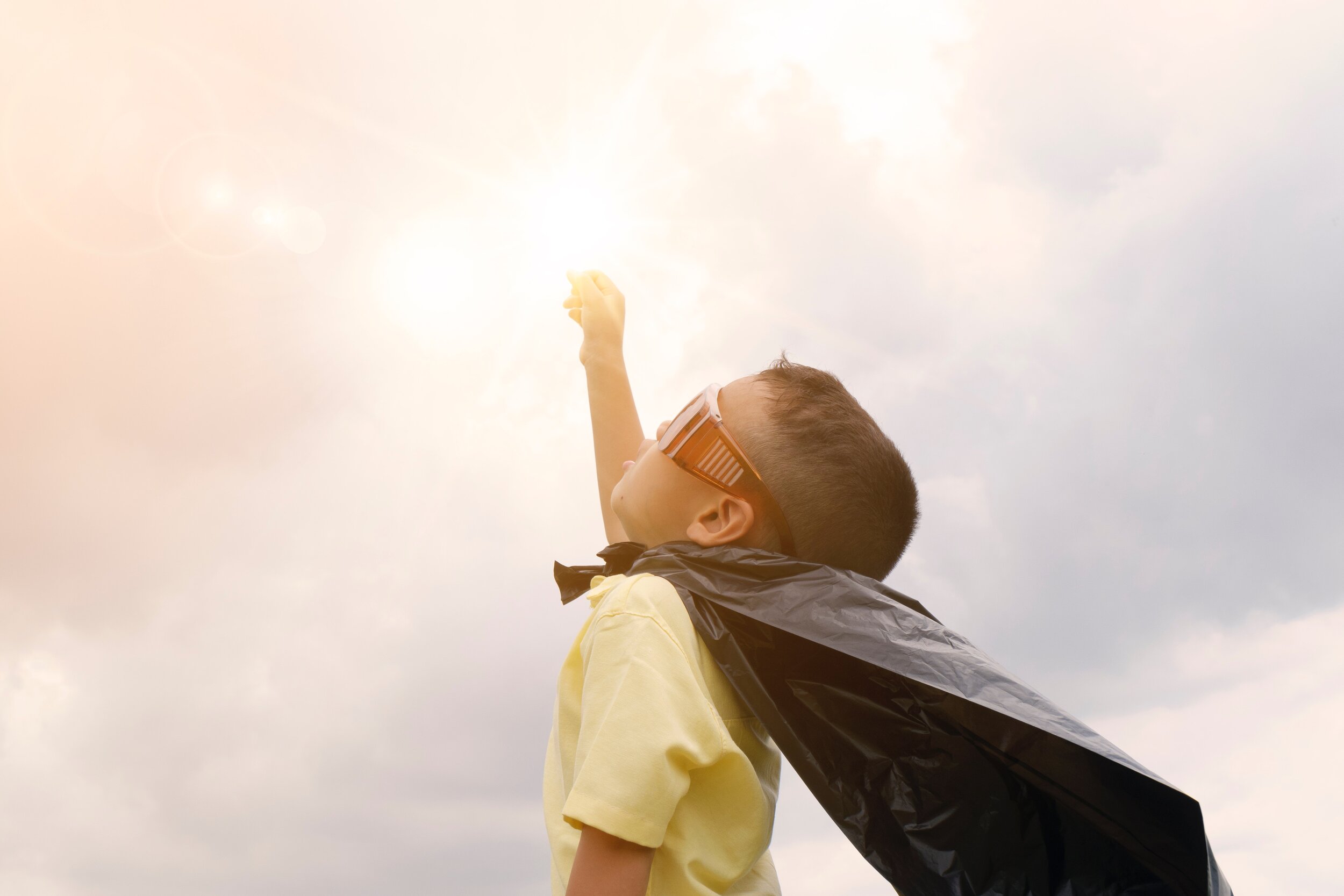We experienced record temperatures around the world during June and that was only the beginning of the summer! After the last year and a half, we’re all ready to get outside and start enjoying ourselves, but how hot is too hot and how do we stay safe?
Wearing sunscreen and staying hydrated are super important first steps for a safe summer, but what else can you do?
According to the CDC, approximately 700 people die each year from preventable heat-related deaths and more people become seriously ill.
Who is the most vulnerable? What are your risk factors? When should we all be extra cautious during these hot summer months?
Risk factors:
1. Age – people over 65 and children under the age of 2 are at high risk from the heat.
2. Chronic disease – people with heart disease, respiratory conditions, poor circulation, auto-immune diseases, and other chronic health issues.
3. Mental illness -people with emotional or intellectual challenges may not realize the dangers of extreme heat until they begin feeling sick.
4. Obesity – fat tissue in obese people acts as a heat insulator and increases energy consumption at the time of activity causing the heart to beat faster and work harder. In conditions of extreme heat, this can create extreme stress on the heart.
5. Fever – anyone who has a fever should be especially careful during periods of extreme heat to make sure their body temperature doesn’t elevate to unsafe levels – do not exert yourself and stay in the airconditioned indoors.
6. Dehydration – When your body becomes dehydrated it cannot function properly.
7. Sunburn stops your body from cooling itself down properly.
8. Prescription drug use - check with your pharmacist to see if you are taking any medications that increase your sensitivity to heat or your risk of sunburn or heat stroke.
9. Alcohol consumption – alcohol dehydrates your body and makes you more vulnerable to heat-related illness.
Be aware that humidity affects your body’s natural ability to cool itself. In high humidity, sweat won’t evaporate as quickly and this prevents your body from releasing heat as fast as it may need to. When in doubt, consult local news agencies or a weather app to see if there is a heat advisory in effect.
If you have pets, make sure they always have adequate access to clean fresh water. Do not leave your pets outside in extreme heat and never leave your pet in a car in the heat.
If you have children (this is especially important for young children), keep them inside during periods of extreme heat. Always use sunscreen and reapply often. Limit outdoor time to early mornings or cooler evenings. Make sure your child wears a hat and make sure it does not obstruct their view. Don’t forget sunglasses to protect their eyes and yours as well. Children should drink water before going out to play and make sure they are drinking water throughout the day. Plan now to have some fun indoor activities to take their minds off going outside when temperatures are extremely high. Never leave a child in a car in the heat.
Soft drinks, coffee, or beverages containing alcohol aren’t good substitutes for water. They contain water, but they also contain ingredients that are dehydrating.
If you have older relatives or neighbors, be sure to check on them during the summer and especially during times of extreme heat or power outages. Make sure they are in an air-conditioned space – a fan may not provide adequate cooling. Make sure they are drinking plenty of water, staying indoors, and not overexerting themselves. Some people, especially seniors have medical conditions that require them to limit the amounts of fluids they consume on a normal day, so be sure they consult their physician to determine how much they should be drinking when it’s hot. If possible, prepare some meals for them that do not need to be heated up, so they will not have to use their stove or oven. Fresh salads, sandwiches, gelatins, puddings, Italian ices, or ice cream will be greatly appreciated.
Even healthy active people can become dehydrated from overexertion in extreme heat. It’s important to drink water before you are thirsty and pace yourself in the heat. Drink water before and after physical activity. If you are engaging in physically strenuous activities, you drink also drink a sports drink or oral rehydration solutions such as Gastrolyte or Hydralyte (they should be made up and given according to the manufacturer’s instructions). or another electrolyte replacement drink.
Children should be encouraged to drink water before, during and after playing outside, especially if the weather is hot.
Avoid dark clothing that absorbs heat. Wear thin loose-fitting clothing with good air flow to allow the evaporation of sweat. Wear a hat that covers your head, neck, ears, and face.
Take cool showers or cool baths to cool off.
If you or someone you know does not have air conditioning, spending time at the public library, community center, or a shopping mall during the day may be an option, and some communities set up cooling stations in air-conditioned buses or unused theaters, but mask wearing and COVID19 social distancing protocols must be followed. Cooling shelters provide safe air-conditioned sleeping spaces. Masks are required, but social distancing may be difficult. Many symptoms of heat related illness such as shortness of breath or difficulty breathing, fever, muscle pain, or headache, can also be symptoms for the COVID19 virus, so getting fully vaccinated is even more important this summer.
Take care of the people you love and the people in your community who make need a helping hand because of the heat this summer and don’t be afraid to ask for help if you need it. We’re all in this together!
Sources for this article:
https://www.cdc.gov/nceh/features/extremeheat/index.html
https://www.cdc.gov/disasters/extremeheat/warning.html
https://www.mydr.com.au/travel-health/dehydration-and-hot-weather/












